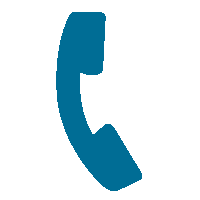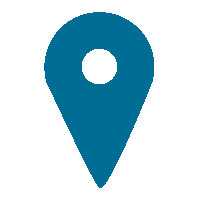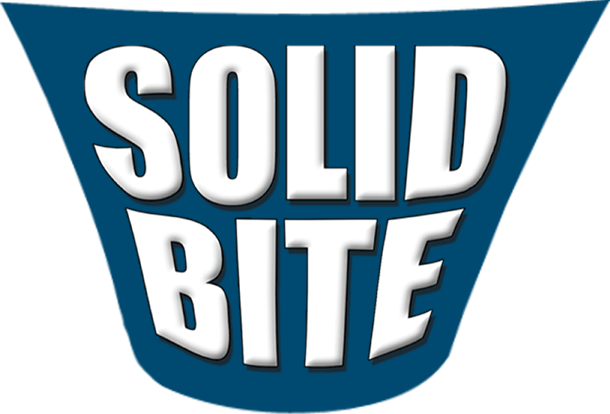Sleep Apnea
Can’t Wear a CPAP mask? Your dentist may help
Obstructive Sleep Apnea (OSA) is a chronic condition when it causes disturbances in sleep three or more nights a week. It occurs in males twice as often as in females. As we age, we lose muscle tonus in many areas of the body, including the mouth and throat. And just as you may be a little flabby in your belly, you also become flabby in the muscles controlling your airway. The usual scenario is this: You fall asleep on your back. Your tongue falls back toward your throat. Your soft palate and your pharynx also collapse a bit. You start to snore as the air that you inhale goes through the airway that is now narrowed because of the muscle collapse. What happens if those airway muscles completely collapse? You stop breathing. Of course, you won’t let your body do this for too long, so you wake up just enough to tighten the muscles in your airway and start breathing again.
This process can occur several times per hour. The more you are awakened out of a deep sleep, the more tired you’re likely to be the next day. But it doesn’t stop there. OSA increases the risk for high blood pressure, heart attack, stroke, obesity, and diabetes.
The first-line treatment for OSA is CPAP (Continuous Positive Airway Pressure), a nasal and/or oral mask connected by hose to a machine that gently blows air into your airway to keep it from collapsing. Despite its effectiveness, many with OSA, particularly in its mild or moderate form, find the CPAP to be a nuisance and don’t use it.
An increasingly popular alternative to CPAP for those who cannot use it is an oral appliance. This device, worn on top of the teeth, opens your jaw and moves it forward, thus opening your airway.
You can try it yourself. Take a deep breath and feel the air going through the airway. Now thrust your lower jaw forward and take another deep breath. Do you feel a difference? You’ve just opened your airway. The oral appliance opens the airway in the same fashion, stopping snoring and alleviating obstructive sleep apnea for many. And for those who don’t like CPAP, it seems to be better accepted.
There are many oral appliances available for OSA. There are simple snoring appliances. There are also adjustable appliances that you or your dentist can adjust to put your jaw in the most ideal position to open your airway. The use of such an appliance may not just make you a less noisy bed partner, it may save you from daytime fatigue as well as reduce your risk of some serious diseases.
Lee N. Sheldon, DMD




